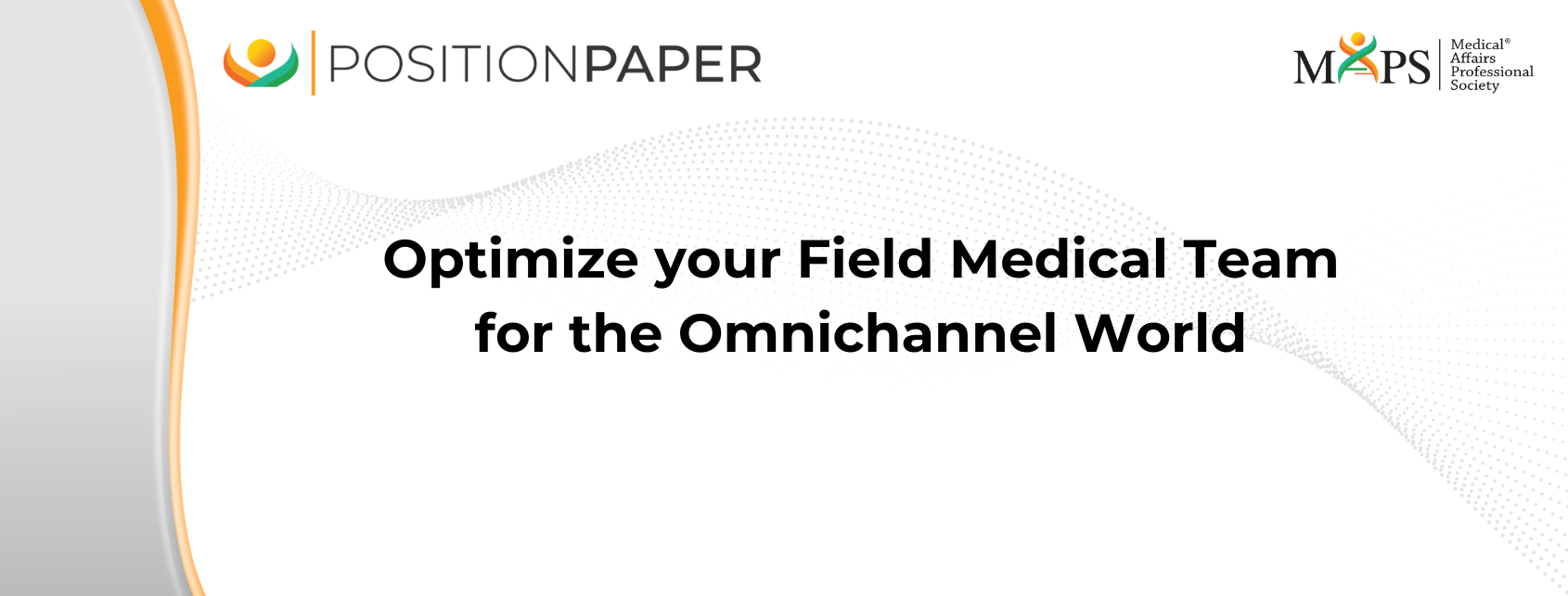Introduction
At the Medical Affairs Professional Society (MAPS) Global Annual Meeting 2023, omnichannel in Medical Affairs was a hot topic across numerous sessions. As part of the Field Medical track, an interactive workshop entitled “Optimize your Field Medical Team for the Omnichannel World” was conducted by:
- Rosie Humphreys, Senior Director at OPEN Health
- Donnie Wooten Jr. Pharm.D, Global Head, Strategic Medical Content & OmniChannels (SMCC) at Organon
- Kelly Lo, Field Medical Excellence, Global and Asia Pacific at Amgen
Across two sessions, over 180 attendees learned how an omnichannel approach is integral to maximizing Field Medical engagement with healthcare professionals (HCPs). The workshop consisted of a presentation followed by roundtable discussion in groups.
To maximize peer-to-peer learning and support, the according to where they felt they were on their omnichannel journey:
- Just starting out
- On the journey
- Doing omnichannel

Looking back to the industry in 2021, it was reported that 73% of Medical Affairs teams across 15 biopharma organizations were planning to implement an omnichannel approach, but only 27% saw it through by the end of the year.1 At this year’s MAPS workshop, the largest segment of delegates felt they were “On the journey”, suggesting that some progress had been made since 2021, where the majority of Medical Affairs teams were “Just starting out”.
The presentation started by highlighting some of the key drivers of preference and behavior change among HCPs globally, including information overload and the fact that since the year 2020, 70% of HCPs are considered “digital natives”. The consumer experiences of HCPs engaging with companies such as Amazon and Netflix – who take a personalized approach to their customer engagement and content dissemination – mean that many HCPs expect a similarly personalized, seamless experience from biopharma companies.
Authors
Rosie Humphreys – Senior Director at OPEN Health
Donnie Wooten jr. – Pharm.D, Global Head Strategic Medical Content & OmniChannels (SMCC)
Kelly Lo – Field Medical Excellence, Global and Asia Pacific at Amgen



